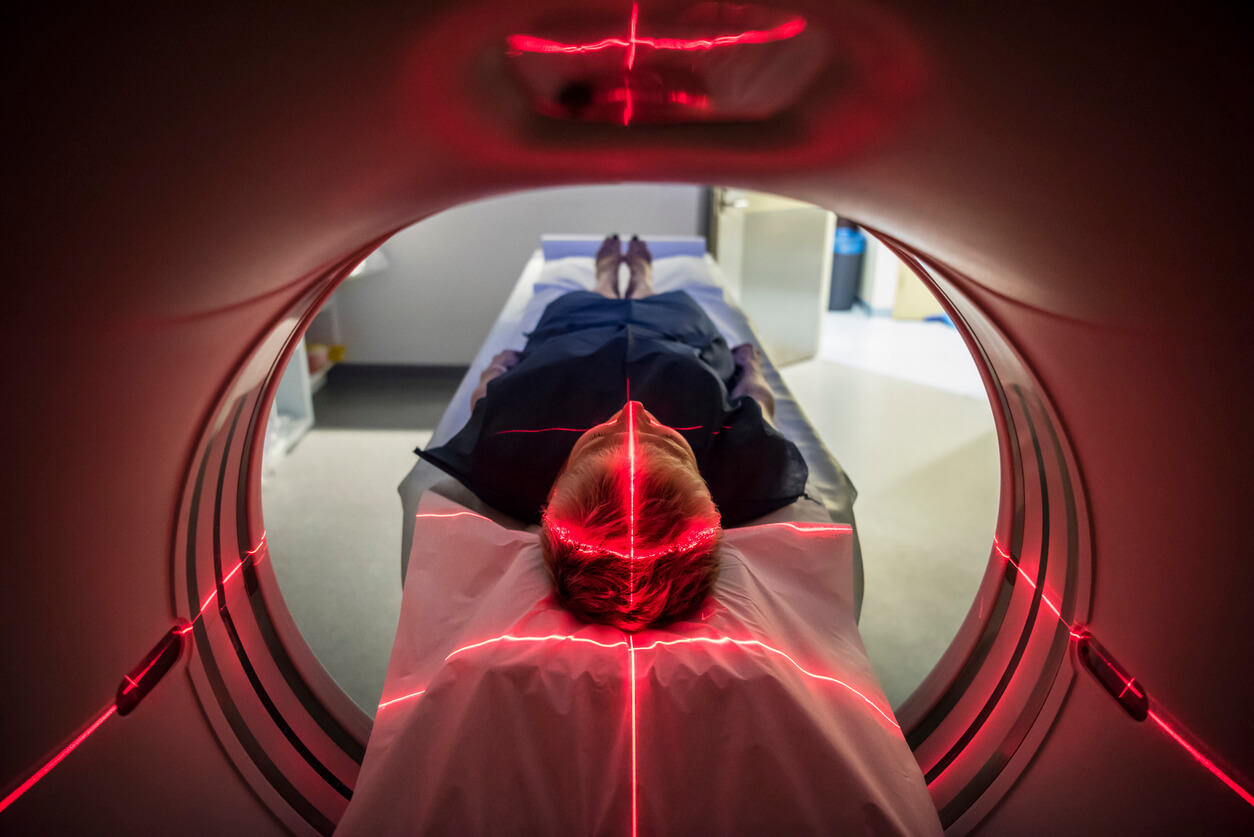Hidden cancer risks of CT scans: why experts are urging caution
- ByAini Mandal
- 08 May, 2025
- 0 Comments
- 3

A study published in JAMA Internal Medicine estimates that approximately 103,000 future cancer cases in the United States could be linked to the 93 million CT scans performed in 2023, accounting for nearly 5% of all new cancer diagnoses. Lung and colon cancers are projected to be the most common radiation-induced cancers, with 22,400 and 8,700 cases respectively.
The risk is particularly pronounced in children and infants due to their developing tissues and longer life expectancy, which increases the window for potential radiation-induced malignancies to develop. Common projected cancers in this demographic include thyroid, lung, and breast cancers.
Radiation exposure from CT scans is measured in millisieverts (mSv). For context, the average person in the U.S. receives about 3 mSv per year from natural background radiation. A single chest CT scan can expose a patient to approximately 7 mSv, equivalent to about 100 chest X-rays.
While a single CT scan is unlikely to cause harm, repeated scans can accumulate significant radiation doses, increasing the long-term risk of cancer. Studies suggest that up to 30% of CT scans might not be medically necessary, highlighting the importance of evaluating the necessity of each scan.
Recommendations for Patients:
Discuss Necessity: Before undergoing a CT scan, consult with your healthcare provider to determine if the scan is essential for your diagnosis or treatment.
Explore Alternatives: Inquire about alternative imaging methods that do not involve ionizing radiation, such as MRI or ultrasound, especially for follow-up evaluations.
Maintain Records: Keep a personal record of all imaging tests you've undergone to avoid unnecessary repeat scans.
Radiation Dose Awareness: Ask about the radiation dose of the proposed scan and whether the facility uses dose-reduction techniques.
Post a comment
Say Goodbye to Oil - But at What Cost?
- 07 Apr, 2025
- 2
‘I have a sad life’- What Happened To Sara Ali...
- 21 Feb, 2025
- 2
Eat Pizza & Still Lose Weight?
- 15 Apr, 2025
- 2
Could Your Diet Be Affecting Your Mood? Experts Say Yes
- 20 Apr, 2025
- 2
Amla: The OG cholesterol buster—your heart will thank you later!
- 31 Mar, 2025
- 6
Categories
Recent News
Daily Newsletter
Get all the top stories from Blogs to keep track.

















